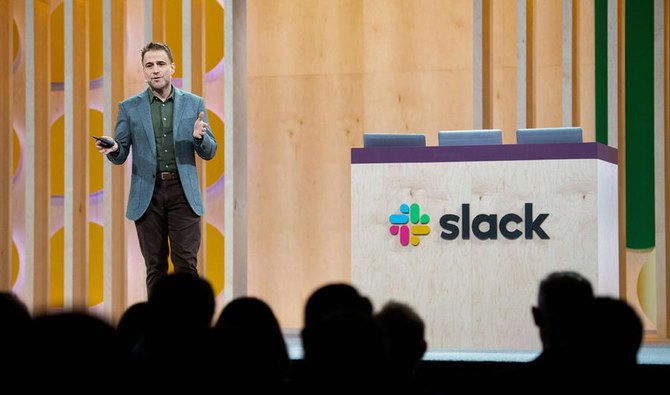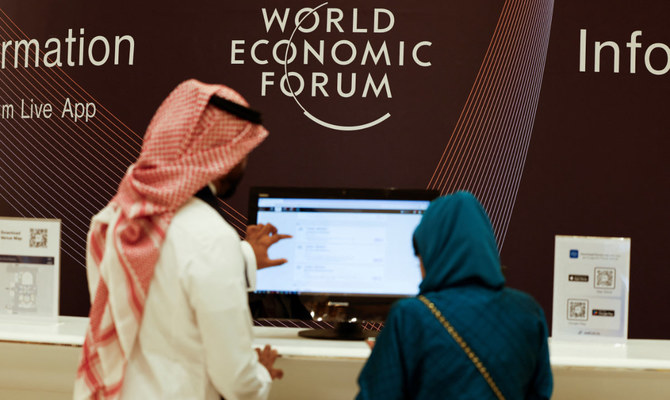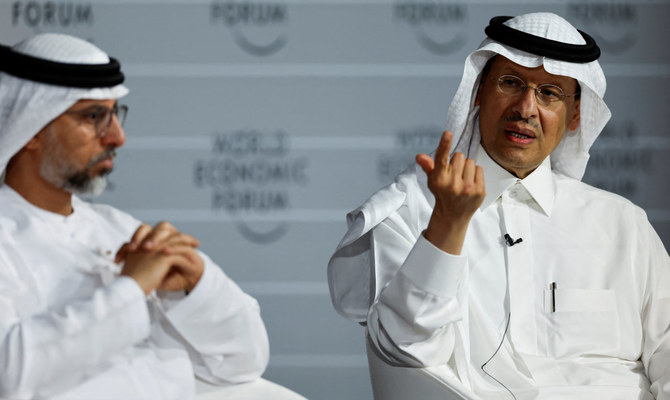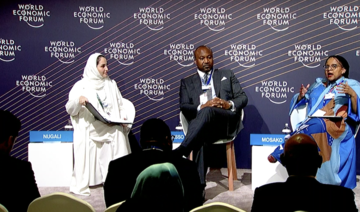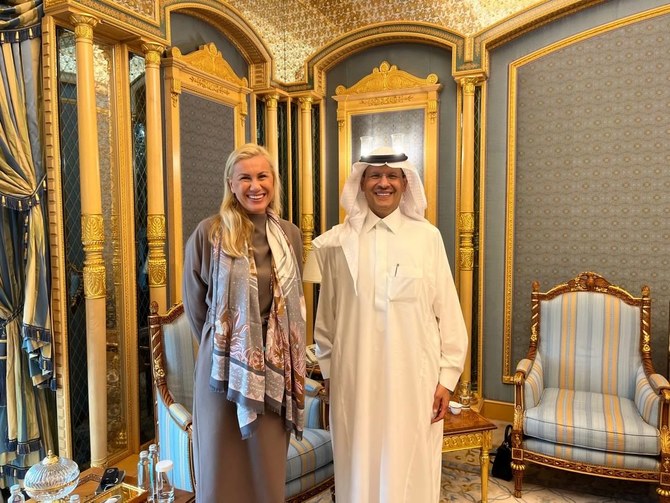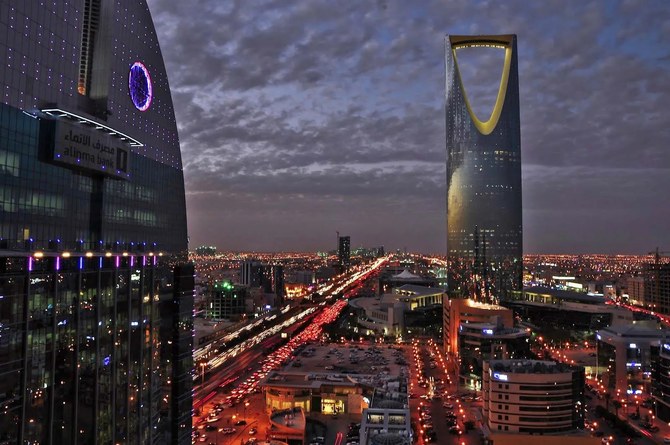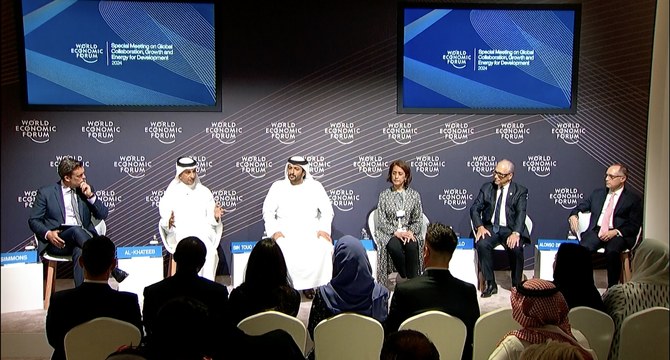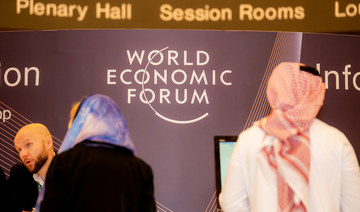NEW YORK: The 2019 parade of big new Wall Street entrants continues this week with the debut of Slack Technologies, underscoring investor hunger for new companies in spite of some high-profile stumbles.
Nearly halfway through the year, US markets are on track for one of the biggest IPO seasons ever in terms of money raised following a stream of offerings from former “unicorns,” private companies worth more than $1 billion.
Yet two of this year’s biggest names — Uber and Lyft — currently trade below their IPO price, along with Snapchat, which has lagged its initial price for most of the time since it went public in March 2017.
Still, there have also been plenty of prominent companies that have risen since their initial public offerings, including jeans company Levi’s, Tradeweb Markets, which builds electronic marketplaces, Zoom Video Communications, and mobile application and software system Pinterest.
The most dramatic jump has been in food company Beyond Meat, which now trades at more than six-fold its entering price.
“The public has a huge interest” in new companies, said JJ Kinahan, chief market strategist at TD Ameritrade, adding that the mixed performance of the 2019 ex-unicorn class is comparable to that of the broader market.
“There aren’t a lot of other choices besides IPOs for investors seeking growth,” said Gregori Volokhine, president of Meeschaert Financial Services, who attributes the rush of funds in part to central bank policies promoting liquidity.
“There’s an excess of underinvested funds worldwide,” he said.
In terms of sheer volume, the number of IPOs in 2019 so far — 93 — is roughly equal to last year’s figure, according to Dealogic.
But the funds raised, $34.5 billion, stand 13.6 percent above last year’s sum and the highest for the comparable period since 2000, according to Dealogic data.
Direct listing
A cloud-based software company that markets online tools for information sharing and workflow management, San Francisco-based Slack parts ways from the other big companies this year by opting for a direct listing instead of an IPO.
This approach, which was also employed by Spotify last year, cuts down on fees to investment bankers in IPOs. Although existing shares can be sold, a direct listing does not issue new shares, averting share dilution but also forgoing the new funds raised in an IPO.
The process can also be riskier in terms of share price volatility compared with an IPO, where underwriters line up investors in advance. In a direct listing, shares are exposed more directly to the open market.
Slack chief executive and co-founder Stewart Butterfield described the company’s technologies as a “brand new category of software” that replaces email in a company.
Current customers include Nordstrom, Ford and HSBC and the company has more than 95,000 paid customers overall.
“It turns email to messages and organizes them into team, project and topic based channels instead of individual in-boxes,” Butterfield said in a June 10 earnings conference call.
“It’s a team-first approach to communication, in contrast to email’s individual first approach. It creates a rich, searchable, permanent body of information that’s widely available across an organization, even for people who just joined the team.”
Unprofitable three years
The company, which is expected to be valued at around $17 billion when it enters the market on Thursday, reported revenues of $134.8 million in the quarter ending April 30, up 66.7 percent from the year-ago period.
But Slack, which has been unprofitable the last three years, reported a $33.3 million loss during the period, 34 percent more than last year’s loss.
Of course, many unprofitable companies have gone public and done well in markets for years. Yet the heavy losses and murky profit outlook at Uber and Lyft have been seen as factors in their lackluster performance since going public.
But investors remain keen on growth stories following the success of Amazon, Facebook and other tech giants that have emerged in recent decades.
A key beneficiary of this desire has been Beyond Meat, which has multiplied in value many times since going public May 3 at $25 and currently is priced at $168.92. The company has been seen as a main beneficiary of the growing alternative protein market, which some analysts think could top $100 billion in the coming decade or so.
Kinahan said in general investors have wised up after the early 2000s Internet bubble but that “it’s just unnatural” for stocks like Beyond Meat to move in an unbroken straight line upwards.
“There’s a healthy bit of skepticism in the market,” he said. “However, certain companies have maybe gotten a little ahead of themselves.”



